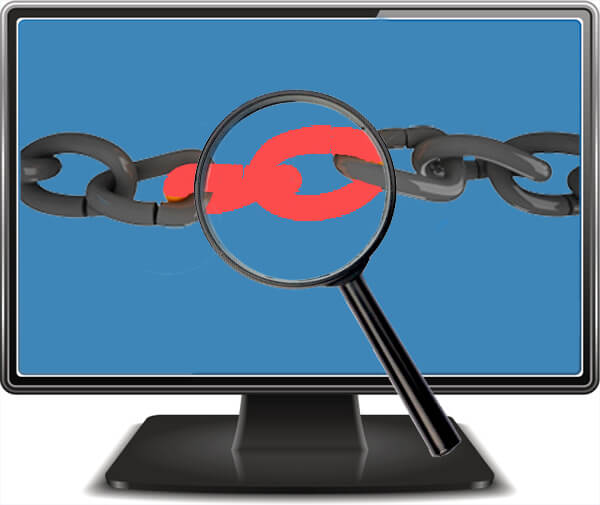How a Link Audit can Improve Your SEO Campaign
If you don’t know where you’re going, you’ll never get there. A comprehensive link audit serves as both a blueprint and a roadmap, detailing what your website link building efforts have accomplished for you to date and highlighting what needs to be done in the future.
Every link building campaign depends to a large degree on what has been done in the past. If that past includes grey or black hat linking techniques and practices that no longer meet Google’s standards of accepted SEO practice, your link building efforts going forward may be doomed to fail before you even start.
How a Link Audit Works
In addition to analyzing how your website’s link profile measures up to those of the competitors who are beating you up in the search engine rankings, a link audit provides valuable information that helps ensure SEO success by
- Making sure that your link building campaign is properly aligned to meet your overall SEO goals such as creating an initial link profile for a brand new website, introducing a new content strategy to improve and expand the link profile of an established website, or adding social media signals that complement and strengthen your linking efforts.
- Establishing a set of best practice standards that will improve your rankings without getting your website penalized by present and future search engine algorithm updates.
A link audit can benefit your SEO even if you have never conducted a single link building campaign. You need to ensure that the naturally occurring links that your website has attracted are not coming from spammy web properties, and present a diversified link profile. Google in particular expects to see a diversified link profile with varied anchor text spread across directory, social, blog, and profile links, and may red-flag your website for unnaturally appearing links.
By analyzing the link profile of your competitors, you’ll gain a better understanding of why their sites are ranking above yours in addition to picking up some ideas for new linking possibilities for your own site.
Performing the Link Audit
A link audit may not require the skills of a rocket scientist, but it can be a tedious and time-consuming process. A few popular tools that offer free limited-capability options as well as paid versions that can help you perform link audits include

- GoogleWebmaster Tools although in recentmonths Google had ne been very helpful to website owners, Webasters and Internet marketing professionals, this is one property that still reamins very helpful to help identify which websites are linkng to you.
- Majestic SEO which shows you the link type and anchor text, and provides a trust score to help you evaluate the quality of your inbound links.
- Open Site Explorer which provides you with both the page authority and domain authority of your links plus an analysis of your top pages.
You’ll need to identify and remove as many bad, or unnatural, links as possible. Here’s a partial list of problem links to look for:
- Links coming from several different sites that are all using the same anchor text.
- Links coming from sites with malware warnings.
- Links from sites that are no longer indexed by Google; you can easily check this by entering the domain name in the Google search box.
- Links coming from spammy blog comments.
- Links coming from sites with low traffic or with low PageRank scores.
- Links from sites that are unrelated to your local community or your industry.
- Links that you have paid for; Google is actively tracking the activities of link sellers, and your website may get red-flagged simply by association.










